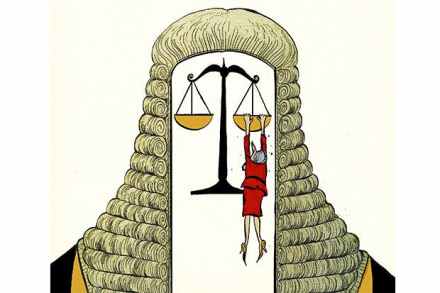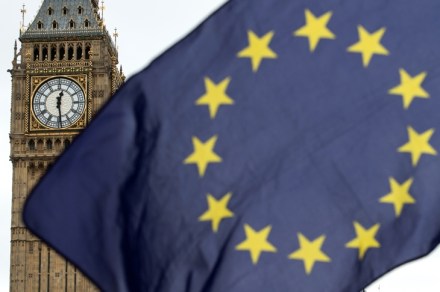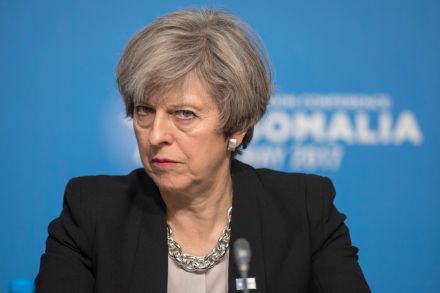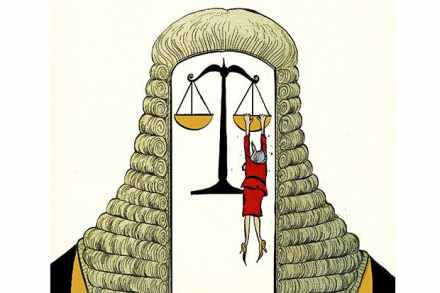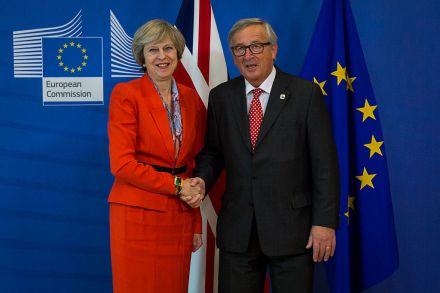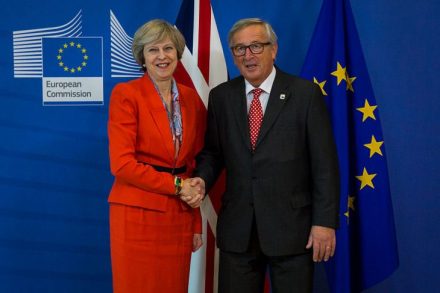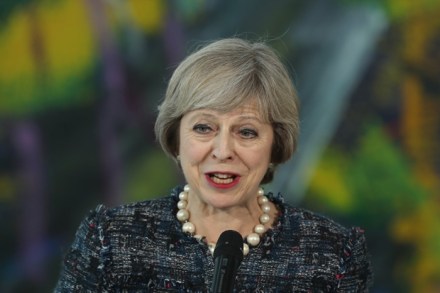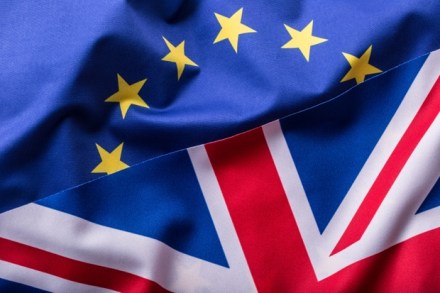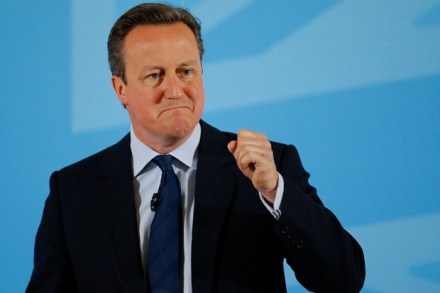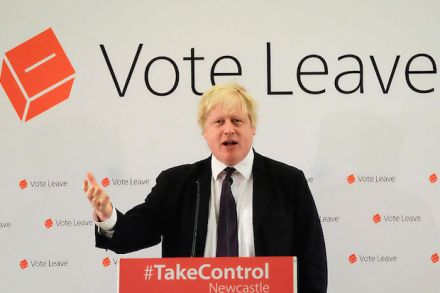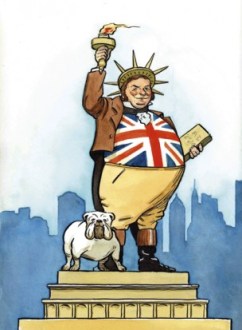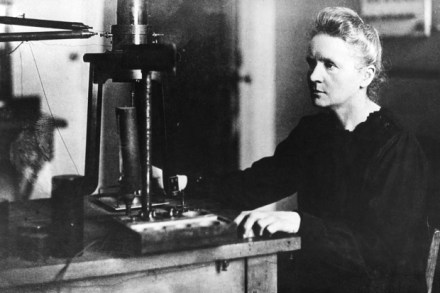The small print of today’s Article 50 opinion reveals yet another ECJ power grab
The European Court of Justice is back in the headlines this morning. Its Advocate General, Manuel Campos Sanchez-Bordona, has declared that the UK might be able to cancel Brexit by revoking Article 50 unilaterally. So is that it settled? Not at all: nothing, with the ECJ, is ever that simple. In fact, the whole episode is a good chance to look at the ECJ and the way it works – and then ask if this is the kind of supreme court that Britain really wants to stay under. Take what happened this morning. We learn via a three-page press release what Sanchez-Bordona thinks about Article 50. An hour after that
